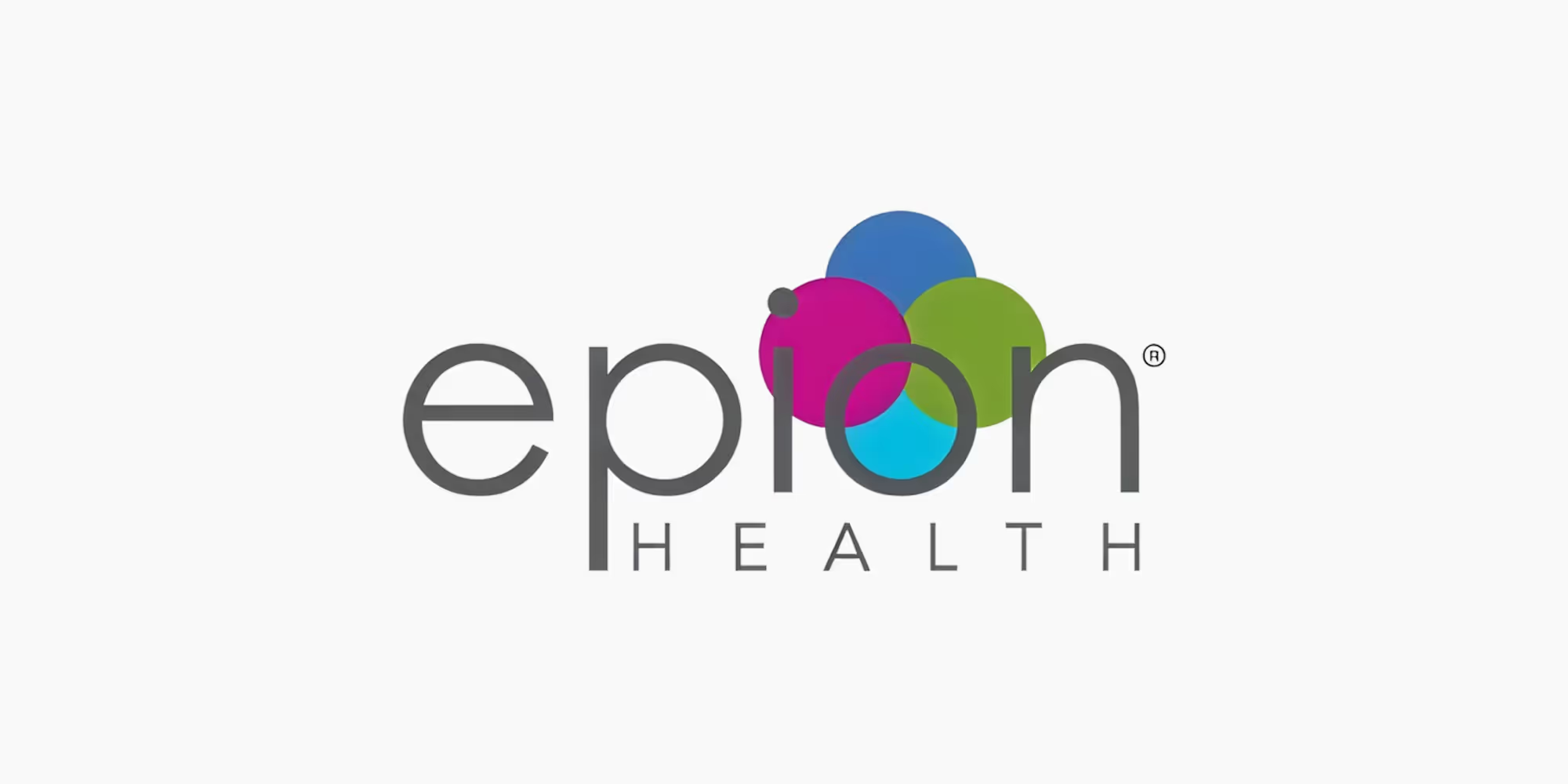Transformed digital check-in into a proactive, data-driven patient engagement platform that achieved over 1 million enrollments in under two years.

Role
Product Manager
Opt-in rate
Patient satisfaction
ARR
Methodology
Agile (Scrum)
As Product Manager, I led the development and launch of Epion Patient Services, a digital check-in solution designed to extend the value of the check-in process by offering patients timely, personalized services before their appointments. This product was a significant evolution of our core digital check-in platform, focused on proactive patient engagement and point-of-care support.
Prior to this initiative, check-in largely centered on administrative tasks like forms and payments. In partnership with the senior leadership team, I executed an opportunity to expand digital check-in into a more patient-centered experience that could deliver relevant services—such as cost savings programs, educational materials, and medication support—at the most impactful moments.
Key areas of leadership included:
The launch of Epion Patient Services transformed digital check-in from a transactional workflow into a meaningful engagement opportunity. It allowed healthcare organizations to offer value-added services that improved patient satisfaction, supported medication adherence, and streamlined access to care—all without adding friction to existing processes.
See more here